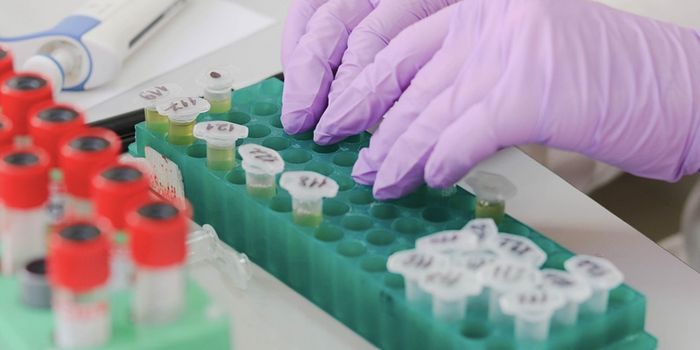FDA Approves First 3D Printed Pills for the U.S. Market
3D printing is a wonderful technology that involves a special printer capable of printing layer upon layer of printable compounds to produce a three-dimensional physical object, rather than just spraying ink onto a piece of paper to produce a two-dimensional image.
The 3D printing industry has come a long way in recent years. An interesting printing method that started as a simple way to produce plastic knick-knacks has grown into a way to produce medically-demanded prosthetics for people and animals, and will now even be used to produce pills for people who need prescriptions.
The FDA has officially given the green light for the use of 3D printing for a new drug that will be coming to the market in 2016 known as Spritam, which is made by Aprecia Pharmaceuticals and used to control the seizures of epileptics.
Since Spritam will be pioneering the union of the 3D printing industry with the pill-making industry, you can be darned sure that this method of creating pills will be made popular for mass-producing other drugs as well.
The 3D printing method for producing prescription pills will reportedly enhance the preciseness of dosages on a per-pill basis, making it possible to pack up to 1,000 milligrams in a single pill. This would also make it possible for pills with custom dosages to be produced in medical institutions themselves and then be prescribed to patients, making it easier to treat custom cases.
"For the last 50 years we have manufactured tablets in factories and shipped them to hospitals and for the first time this process means we can produce tablets much closer to the patient," Dr. Mohamed Albed Alhnan from the University of Central Lancashire said in a statement.
This is a big breakthrough in not only the medical industry, but also the 3D printing industry. Not only will this give patients better access to the medications they need when they need them, but it will also put a new spin on what the 3D printing industry can build with its 3D printers.
Source: BBC









